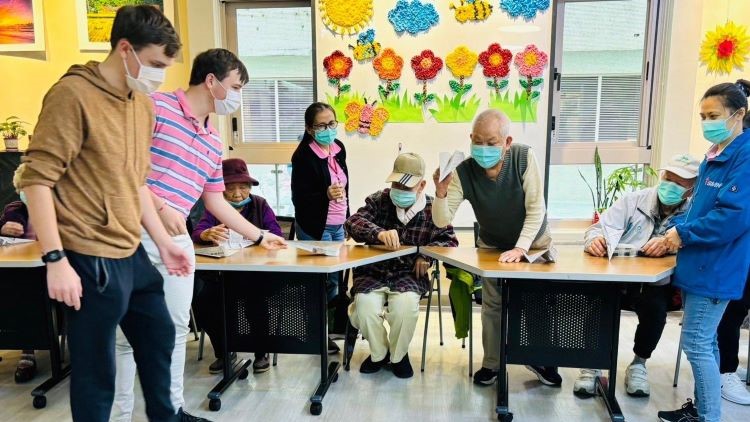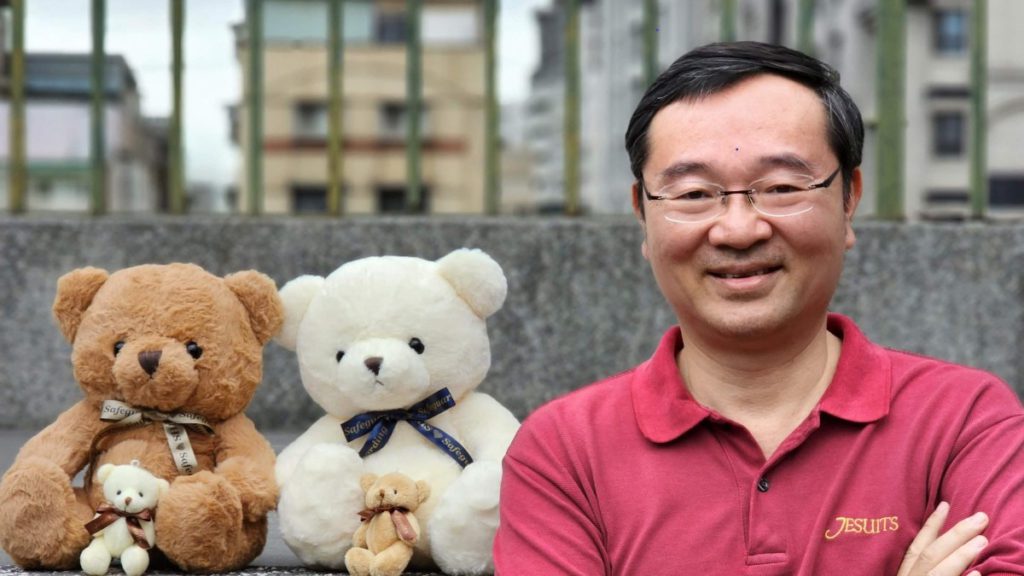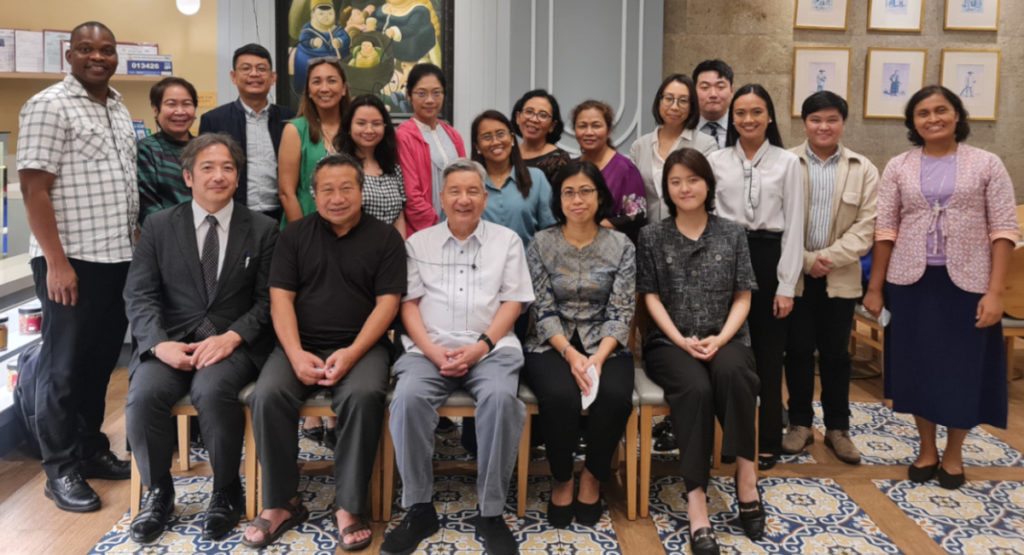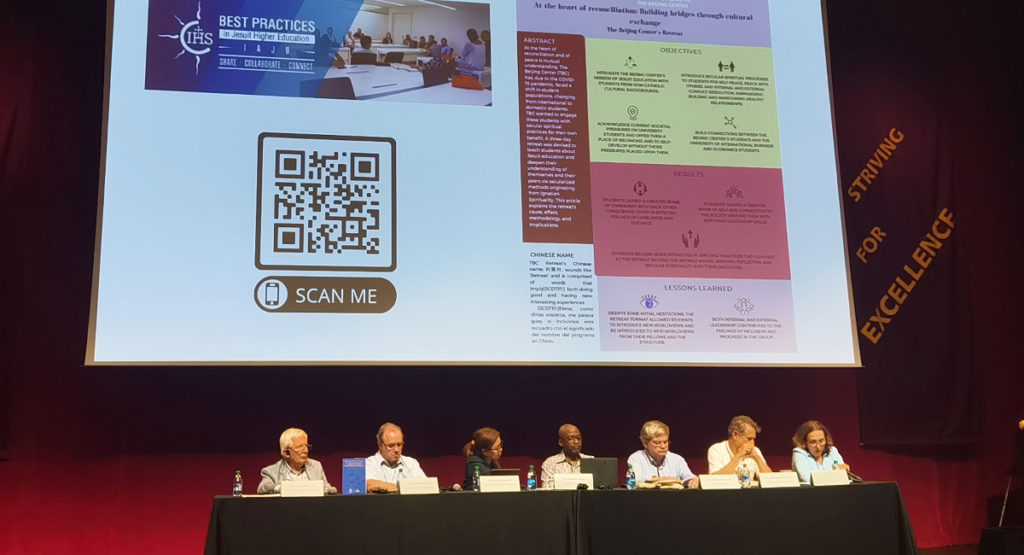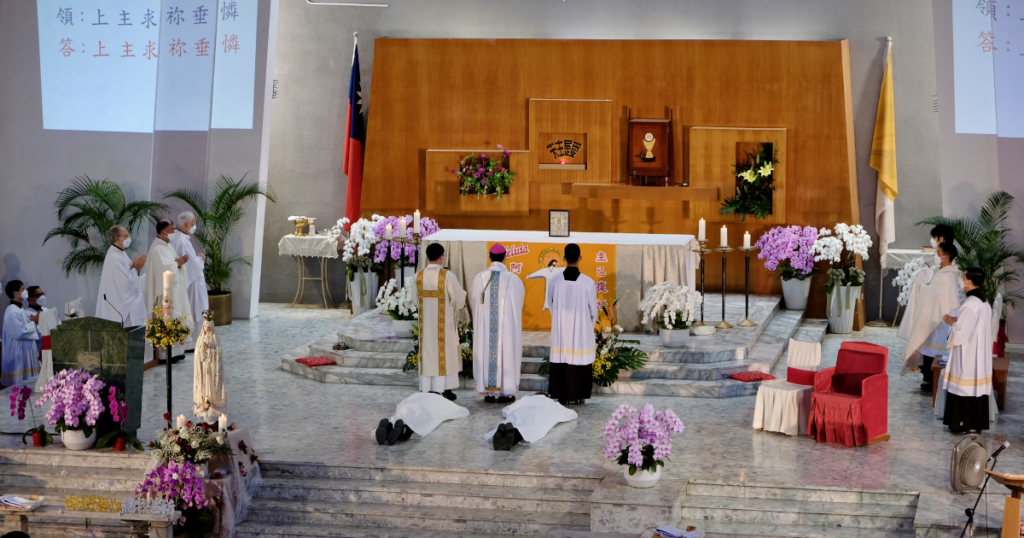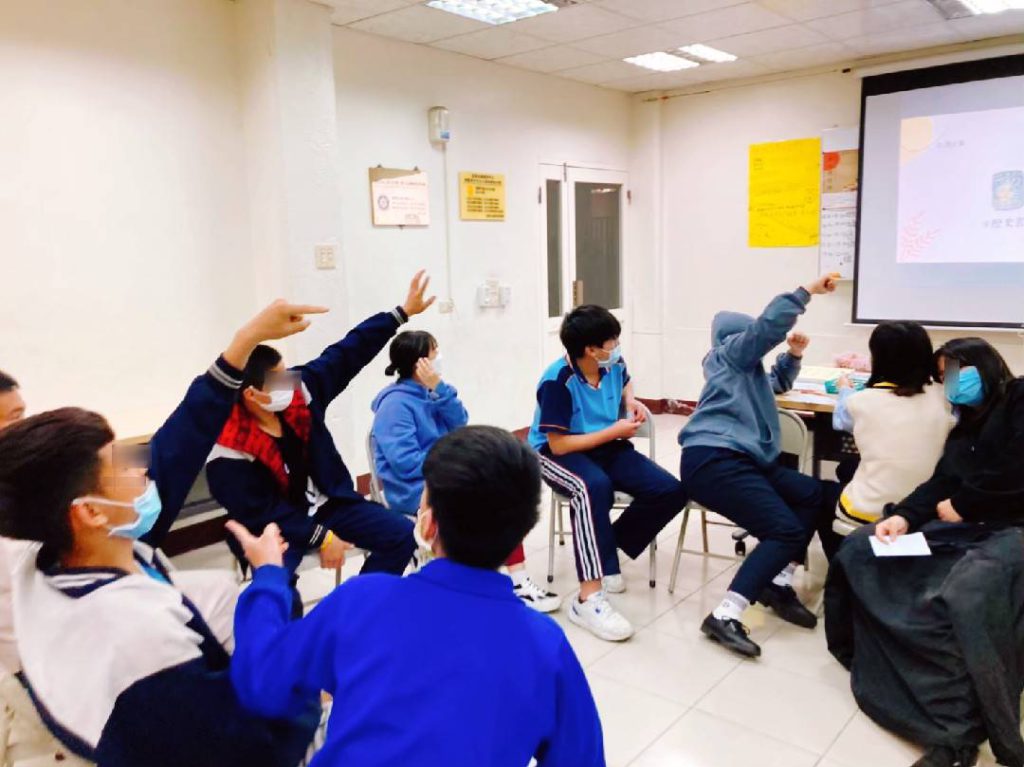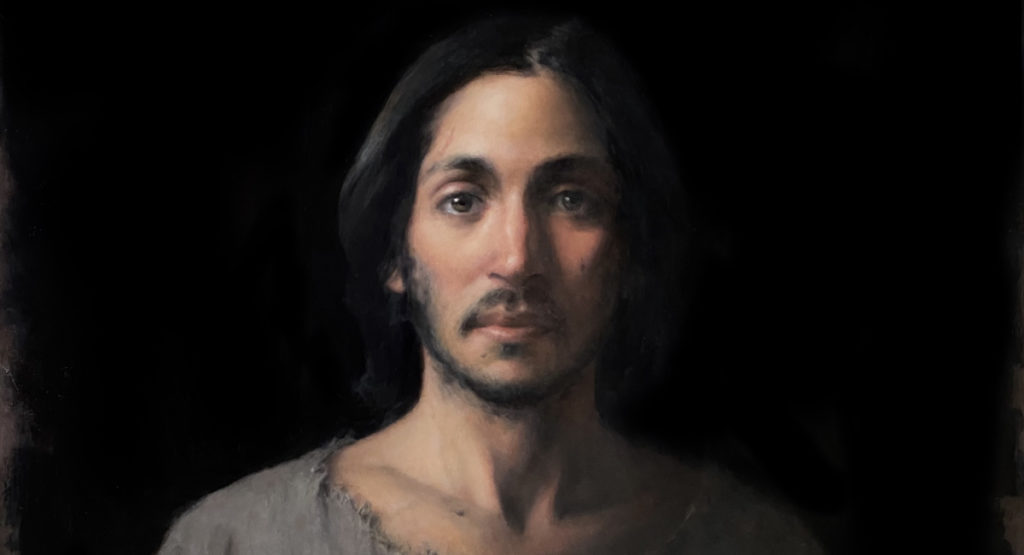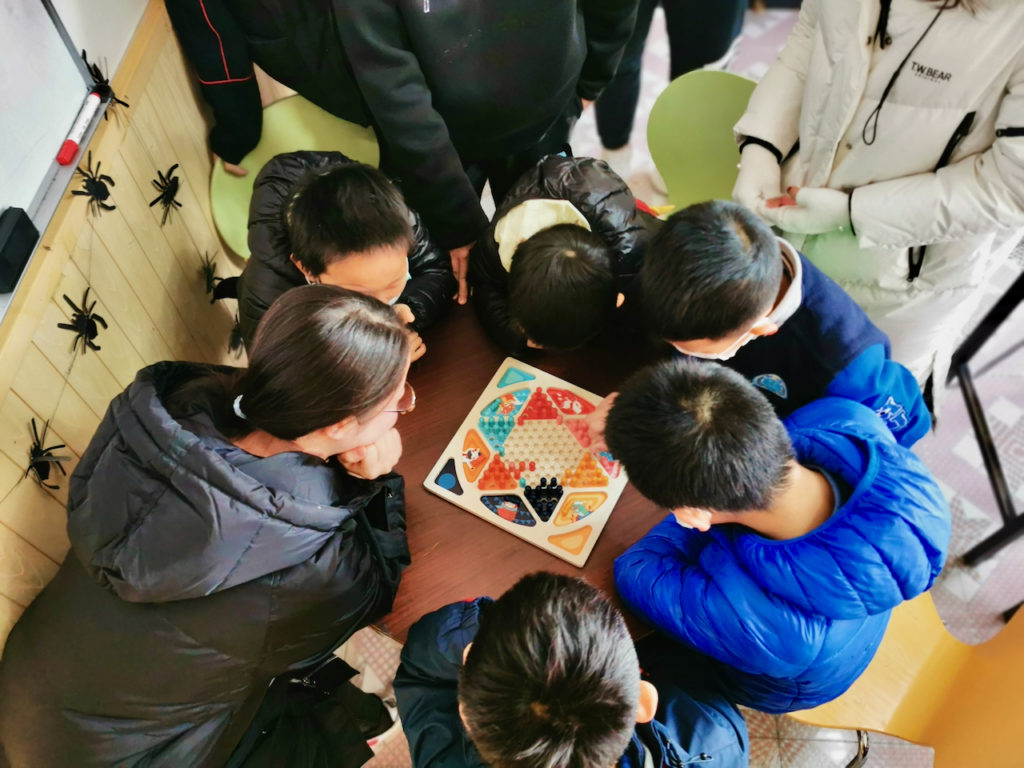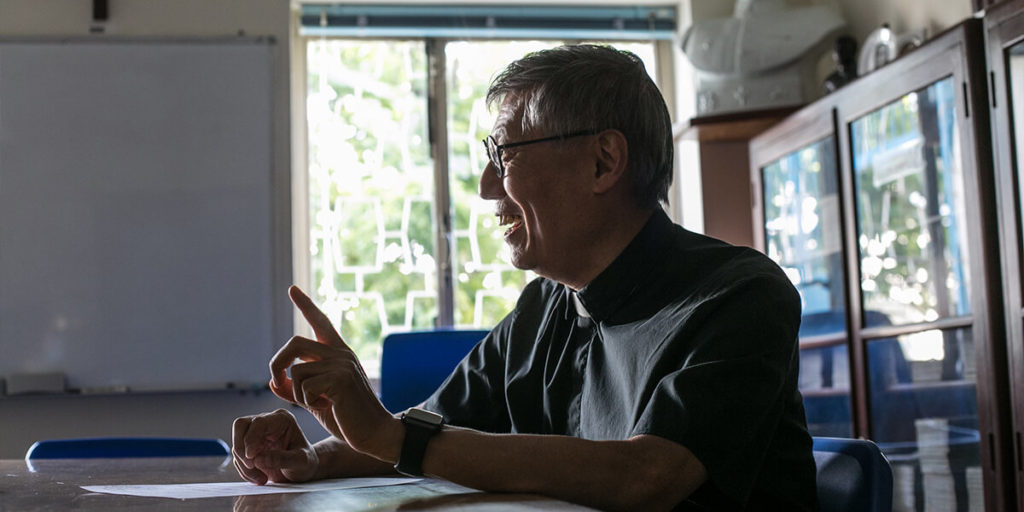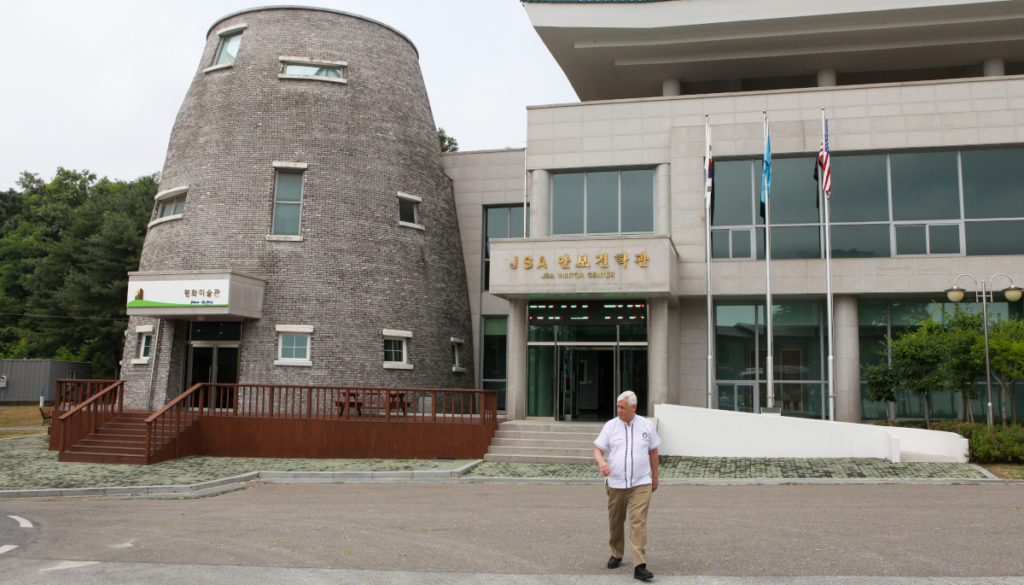“It’s fulfilling, knowing that I am, in a small way, making a difference in someone’s life…” said Quinn Apprill-Sokol, a grade 12 student from St Louis University High School in the U.S. visiting Taiwan for a service program in January. Continue reading “Life would be different if not for the Catholic faith”
Life would be different if not for the Catholic faith
Fr John Lee Hua becomes first priest in Taiwan qualified by civil authorities to lawfully investigate child protection cases
Fr John Lee Hua SJ, who has dedicated himself to the work of protecting children and young adults, continues to refine his expertise in the field of child protection. Continue reading “Fr John Lee Hua becomes first priest in Taiwan qualified by civil authorities to lawfully investigate child protection cases”
Working and walking together as members of the “Jesuit” body of higher education
I attended for the first time the gathering of the International Networking Officers of the Association of Jesuit Colleges and Universities – Asia Pacific Continue reading “Working and walking together as members of the “Jesuit” body of higher education”
TBC featured in IAJU’s Best Practices in Jesuit education
A paper by The Beijing Center (TBC) has been published in the “IAJU Best Practices in Jesuit Higher Education Project,” an initiative coordinated by the Kircher Network and composed of contributions from the International Association of Jesuit Universities (IAJU) regional networks. Continue reading “TBC featured in IAJU’s Best Practices in Jesuit education”
Deacons in the service of the Church
The Chinese Province of the Society of Jesus celebrated the ordination to the diaconate of two scholastics, Philip Fung Hon-chung SJ and Przemyslaw Mąk SJ, on 7 May at the Holy Family Church in Taipei. Due to the Covid-19 pandemic, the organising committee offered two options for people to participate in the liturgical celebration: in-person or through the livestream. Despite the challenges, the faithful, friends, and classmates of the two ordinands filled the church with enthusiasm.
The Archbishop of Taipei, Most Rev Thomas Chung, was initially scheduled to preside at the ordination. However, due to recent cases of infection at the Taipei Archdiocesan chancery office, Most Rev John Baptist Lee, the Bishop of Hsinchu Diocese and chairperson of the Chinese Regional Bishops’ Conference, presided over the liturgy instead. The Mass was also joined by more than 30 concelebrants.
Bishop Lee exhorted the two ordinands to immerse themselves in works of charity, deepen their spiritual life, and be fervent in evangelization. Later, two Jesuit priests, Fr Jaime Valenciano and Fr Barry Martinson vested the new deacons respectively with the stole and dalmatic.
Towards the end of the liturgy, the Socius of the Chinese Province, Fr Luciano Morra SJ, gave the thanksgiving speech on behalf of the Provincial, Fr Stephen Tong SJ, who is currently in Hong Kong and so was unable to attend the celebration due to travel restrictions from the pandemic. Fr Morra read Father Provincial’s letter in which he specifically thanked the Bishop for ordaining our two Jesuit brothers to the diaconate as servants of the Church.
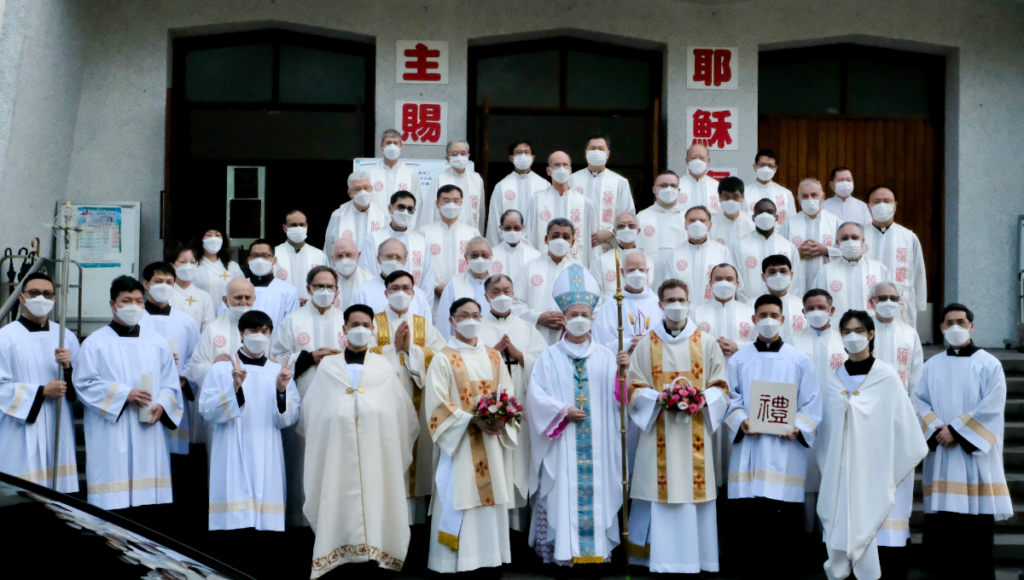
In his letter, Fr Tong also mentioned the varied backgrounds of the new deacons: Philip is a neurologist while Przemyslaw is a ballroom dancer, yet the same Lord called them both and placed them together. This shows forth the diverse and international character of the Society of Jesus. Father Provincial sincerely hopes that the new deacons will reflect the image of God indefatigably in all circumstances.
Fr Tong also described the role and essence of deacons in the early Church. He encouraged the new deacons to concretely embody the spirit of Jesus expressed in his words: “I did not come to be served, but to serve,” He further exhorted them to live out the motto of the Jesuits: “For the Greater Glory of God” standing firmly on the foundation of the Holy Church.
Finally, Fr Tong expressed his gratitude for the generosity of the parents of the deacons. He hopes the two deacons will grow joyfully in their vocation.
At the end of liturgy, the new deacons gave thanksgiving speeches, each in their mother tongue, Cantonese and Polish, respectively. They expressed gratitude for the support of family and friends. Since this ordination day was also the Feast of Our Lady of China, the two deacons venerated the Holy Mother with a bouquet of flowers while singing and dancing to the Magnificat. In so doing they drew this heartwarming celebration to a perfect end.
Companions of aboriginal youth towards a hope-filled future
*Xiaomei, holding a baby in her arms, shifts in her seat. The social worker looks at the certificates on the wall and asks: “Are these all yours?” Xiaomei comforts her infant daughter while stopping a quarrel between her two younger sisters from escalating. She says softly: “Yes! Almost all of them. This one is from a school exam; this is an attendance award; and that one is when I won a running contest! Look, those trophies in the cabinet are also mine. I should have won the championship in the boxing event, but because my teammates were too noisy, the referee called a foul, and I became the runner-up.” “Weren’t you sad at that time?” asks the social worker. Xiaomei looks fondly at the baby in her arms and replies: “It doesn’t matter. I think runner-up is also very good!”
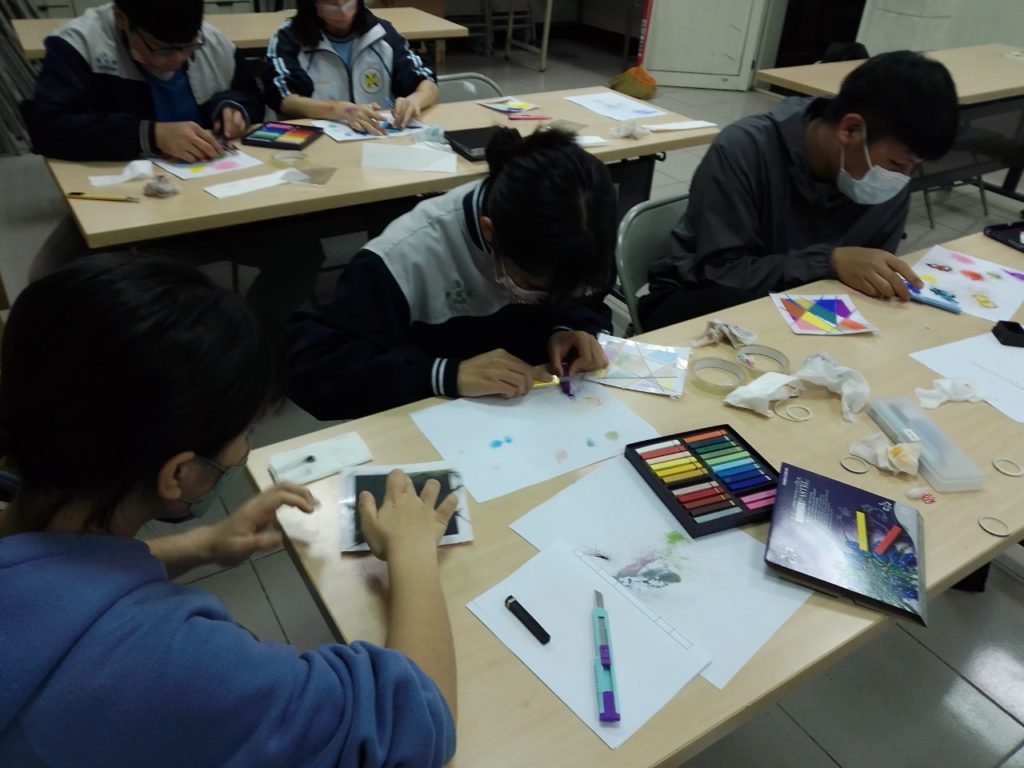
Xiaomei became a mother when she was not yet 17 years old, and the child’s father had just turned 18. Both of them are aboriginal people, and both come from problematic families, with their parents unable to give them the proper support they need. Xiaomei had to stop school to take care of the baby, while the child’s father worked odd jobs at the construction site to support them. As a young mother, Xiaomei lives a different life than women her age. While students complain about their exam being too difficult, Xiaomei worries about the baby in her arms. She has grown mature and thin from her life experience.
The dilemma of social service organisations is that they want to inform the public about the plight of the people in their care so resources could come in, but at the same time, they must protect the privacy of these people. The Rerum Novarum Center in Taipei has been engaged in aboriginal youth training and service work in Zhudong, Hsinchu County for many years. Since aboriginal people have their own distinct culture, they often have to struggle against systemic discrimination and exclusion. Their experience is different from the experience of Han Chinese, the dominant ethnic group in Taiwan, who from childhood learn how to interact with mainstream Taiwanese society.
People also have general impressions about aboriginal people, such as their happy disposition, and their interesting way of speaking. These impressions may sound delightful, however, the truth is often very cruel, especially when they enter the educational system. Aboriginal children cannot compete with the rest of the students. The content of the course is relatively unfamiliar to them, and the contents of their textbooks are very different from their life experiences. Their lessons do not resonate with them, let alone arouse their interest.
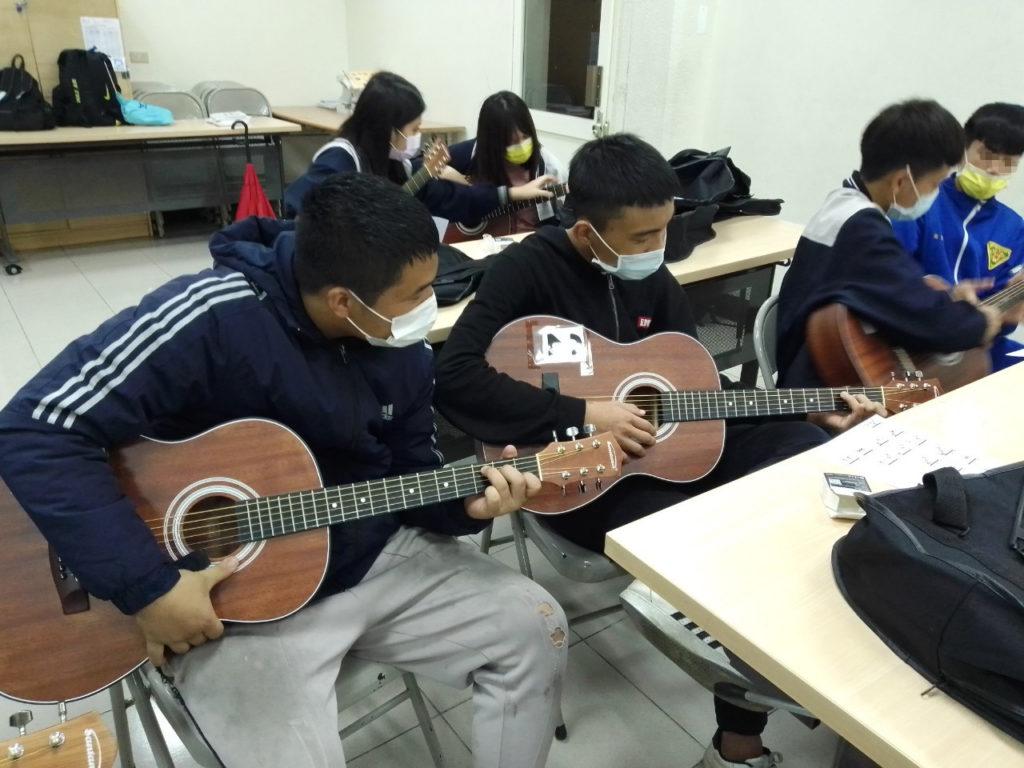
People hope that disadvantaged groups can rise above their status in life through education, and the public is quick to laud special cases wherein an aboriginal person achieved success through education, but the reality is that most aboriginal youth are limited by their resources and are challenged by the system. In the face of mainstream education, what we see in them is fear rather than hope, and what may constitute as deviant behaviours in the eyes of the public, such as dropping out of school, joining gangs, or even having children out of wedlock. What results is more condemnation and disappointment than understanding of their situation.
Aboriginal students desire a sense of achievement and belonging. Thus, Rerum Novarum’s after-school companionship and learning services include learning resources from different networks, as well as a dream realisation plan for aboriginal teenagers. Being able to see their own value and perceive different paths for success that are not limited to the framework of mainstream society help to make them feel more free to choose the courses they want to take up. This enables them to develop more interests and abilities, express themselves, and gain a sense of achievement through enhanced skills and knowledge.
“Actually, I used to have a lot of dreams. I wanted to be a track and field coach, and a boxer. I used to run really fast,” muses Xiaomei, while watching her younger sisters play with a basketball in a dimly lit street. “You can still do it now!” says the social worker. Xiaomei smiles: “I can’t help it. I have to take care of my child now. And after giving birth, I can’t run as fast anymore.”
Creating a fair society for disadvantaged children is a difficult challenge, and something that cannot be done right away. But there are efforts that can be made to prevent the same thing that happened to Xiaomei from happening to more young people, and to provide them more understanding and support. The Rerum Novarum Center is grateful to the many people who support the Aboriginal Youth Development and Dream Project, which not only brings hope to children, but also gives the staff great motivation to continue to work hard. [Rerum Novarum Center]
Sharing the faith through art
During this celebration of the Ignatian Year, St Ignatius of Loyola is portrayed in a myriad of ways, from the traditional–as seen in the great paintings, sculptures, and antique texts from Europe–to the more current, usually as illustration or even graphic design. A young Polish Jesuit, Fr Mateusz Orlowski, recently completed his own portrait of Ignatius. “The Conversion of Iñigo de Loyola” captures the visage of a young and handsome man full of life and energy, also vulnerable and starkly human. Continue reading “Sharing the faith through art”
Multiplying the five loaves and two fish
Each semester, students at The Beijing Center (TBC) are encouraged to participate in local service-learning activities to practice the Jesuit tradition of helping others and attaining a sense of social responsibility. This fall semester, TBC students volunteered at Five Loaves and Two Fish, an organisation acting to support migrant worker families. Continue reading “Multiplying the five loaves and two fish”
A Wahyanite becomes the school supervisor – to be a bridge for students
A mile from shore a fishing boat chummed the water, and the word for Breakfast Flock flashed through the air, till a crowd of a thousand seagulls came to dodge and fight for bits of food. But way off alone, a seagull was making hundreds of glides – making a curve, stretching his wings, twisting, stalling. Continue reading “A Wahyanite becomes the school supervisor – to be a bridge for students”
Traveling the long road to peace and reconciliation
“The past,” Faulkner warned “is never dead”, nor is it really past. Until we break down the barrier of division and fear that goes back many generations, no new bridges of hope can be built. Ever since General Congregations 35 and 36, the Society of Jesus has made reconciliation a key message. It is the theme that brought Fr General Arturo Sosa to Asia in the summer of 2019.
Continue reading “Traveling the long road to peace and reconciliation”

